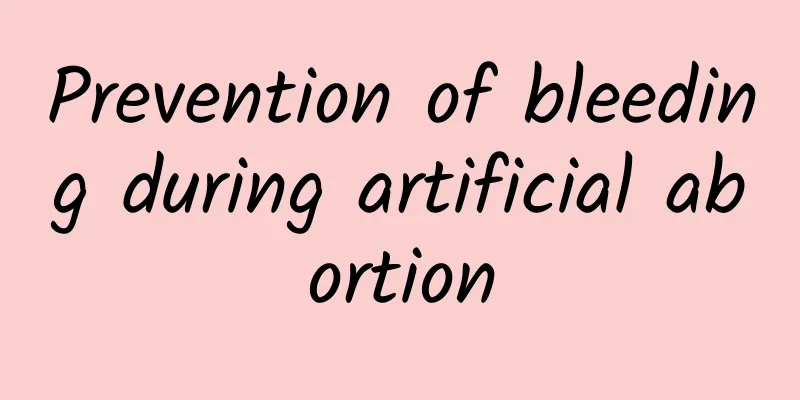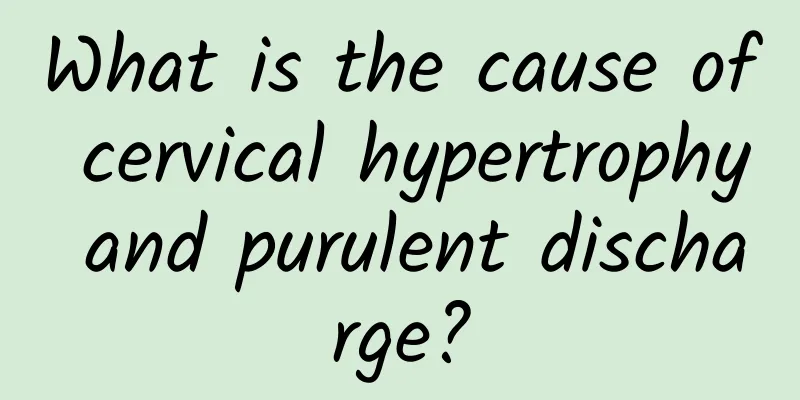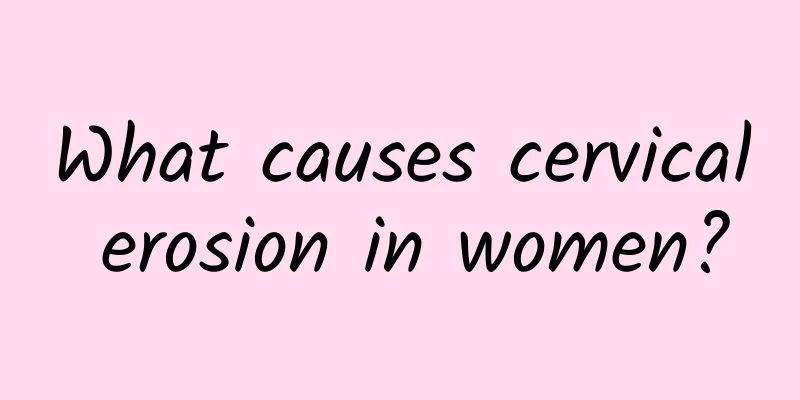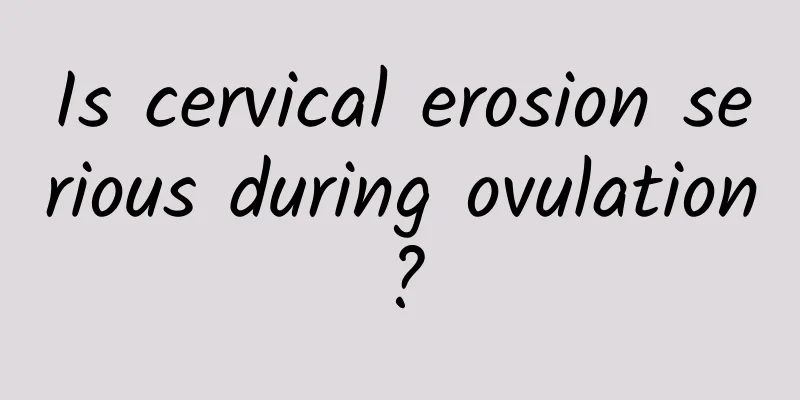Uterine cysts become smaller during pregnancy
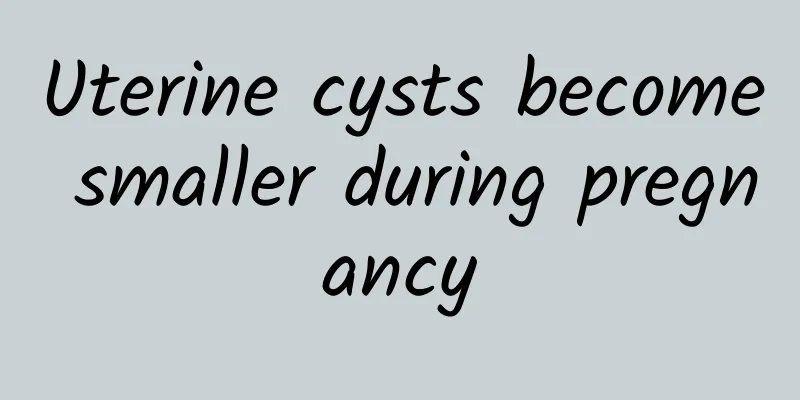
|
Uterine cysts may decrease in size during pregnancy due to changes in hormone levels, fluctuations in body fluids, etc., but the specific situation needs to be confirmed by a doctor through B-ultrasound and other examinations, and provided according to individual differences. The health conditions during pregnancy are complicated, and regular checkups are recommended to ensure the safety of mother and baby. 1The impact of hormone level changes on cysts After pregnancy, the levels of estrogen and progesterone in the body change significantly. Fluctuations in these hormones may inhibit the growth of certain types of cysts or even cause the cysts to shrink in size. For example, functional cysts are a common type and may gradually shrink during pregnancy due to cessation of ovulation and hormone adjustments. However, this change does not apply to all cyst types, such as uterine fibroid cysts or endometrioid cysts, which may not be sensitive to hormonal changes. During pregnancy, you need to pay close attention to changes in cysts through regular prenatal examinations. 2. Body fluid circulation and immune system regulation The body's fluid circulation during pregnancy may affect the state of the cyst. Increased blood volume and changes in the body's lymphatic circulation may improve the local microenvironment, resulting in a decrease in the internal pressure of the cyst and a decrease in volume. Adjustments to the immune system during pregnancy help regulate certain inflammatory responses, which may also indirectly alleviate the tendency of the cyst to expand or worsen. These intrinsic adjustments are usually spontaneous and unpredictable, and imaging monitoring is required to understand the specific changes in the cyst. 3 How to deal with uterine cysts during pregnancy If the cyst is confirmed, the main treatment method during pregnancy is close monitoring rather than premature intervention. In the early stages of pregnancy, regular B-ultrasound examinations are an effective way to understand the status of the cyst; if the cyst becomes significantly larger or complications such as pain and infection occur, the doctor may recommend the following measures: Medication: Use analgesics or anti-inflammatory drugs that are safe during pregnancy to relieve symptoms; Surgery: In emergency situations, such as if the cyst has twisted or ruptured, minimally invasive surgery may be needed to remove the cyst. Natural observation: Most asymptomatic uterine cysts do not require emergency treatment, just continue to monitor. During pregnancy, whether the cyst will shrink varies from person to person, and regular checkups and following doctor's advice are key. If you are pregnant and diagnosed with a uterine cyst, don't worry too much, and consult a professional in time to ensure the safety and health of mother and baby. |
<<: How to treat uterine prolapse and bladder prolapse
>>: Can moxibustion treat vulvar pruritus?
Recommend
Menopause can be relieved through diet, doctors recommend these 3
During menopause, you should supplement more estr...
How to use medication for bacterial vaginosis
Bacterial vaginosis is a common gynecological dis...
Eat 6 meals a day to lose weight! The secret steps to losing weight you don’t know about
Dieting is definitely not the secret to losing we...
What kind of exercise is suitable for patients with uterine fibroids? What kind of exercise is good for patients with uterine fibroids?
What kind of exercise is suitable for patients wi...
It turns out that squats and leg lifts have these benefits ~ increasing muscle and anti-aging...
Once you get older, you will suffer from cardiomy...
What should I do if I have mild cervical erosion? Prevention and treatment measures for female cervical erosion
Cervical erosion is a common gynecological diseas...
What are the treatments for cervical erosion?
What are the treatments for cervical erosion? Cer...
Female patients should pay attention to the treatment of irregular menstruation in time
Irregular menstruation can cause serious damage t...
Choose the "tumbler" grapefruit: 9 benefits you must know
[Key Points]: Grapefruit has high nutritional val...
Can I wash clothes with hot water after an abortion?
We all know that abortion is harmful to women'...
Keep in good shape! 5 good habits to learn
Are you still worrying about calories and calcula...
What causes pelvic effusion?
Pelvic fluid accumulation is usually a normal phy...
Can surgery cure ectopic pregnancy?
Ectopic pregnancy is a type of gynecological dise...
The main causes of cervical erosion
Cervical erosion is a common gynecological diseas...
Abnormal leucorrhea with fishy smell and transparent
Abnormal leucorrhea that has a fishy smell and is...



